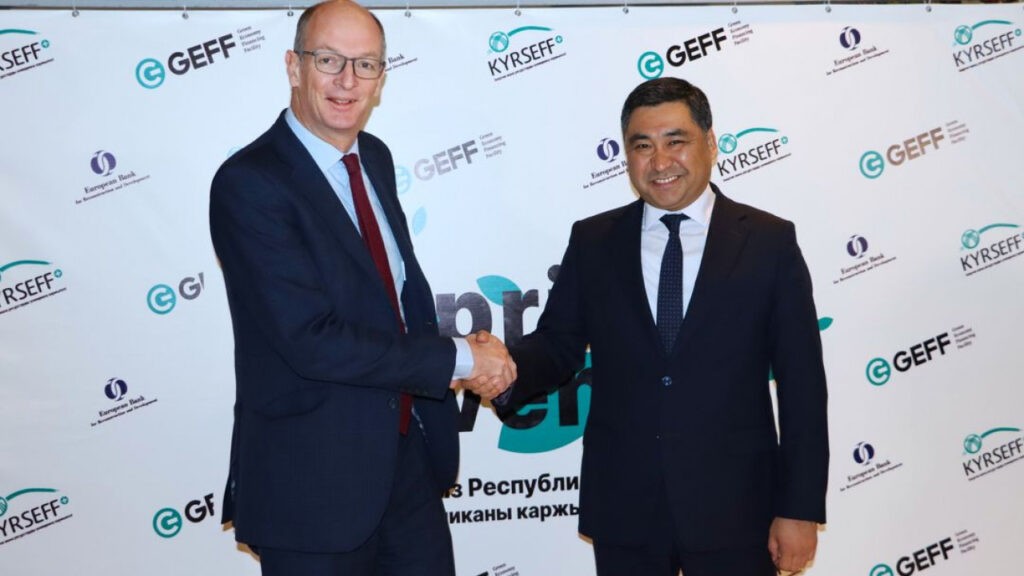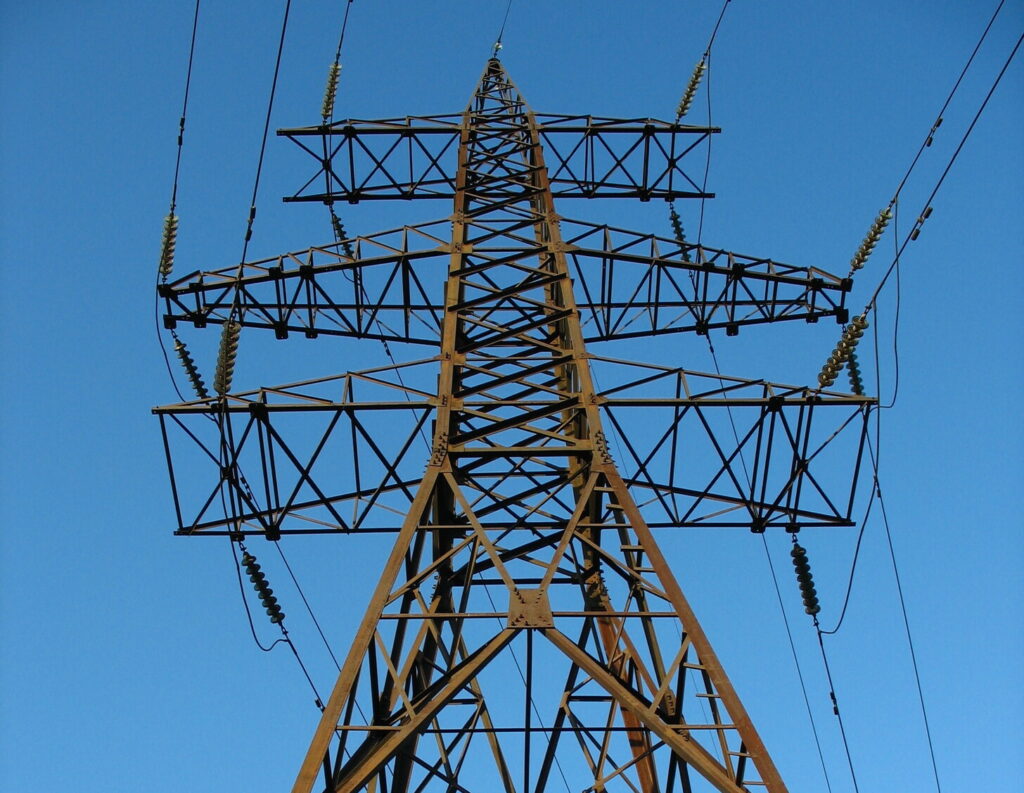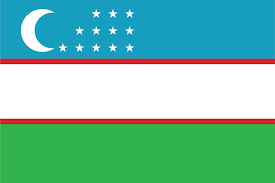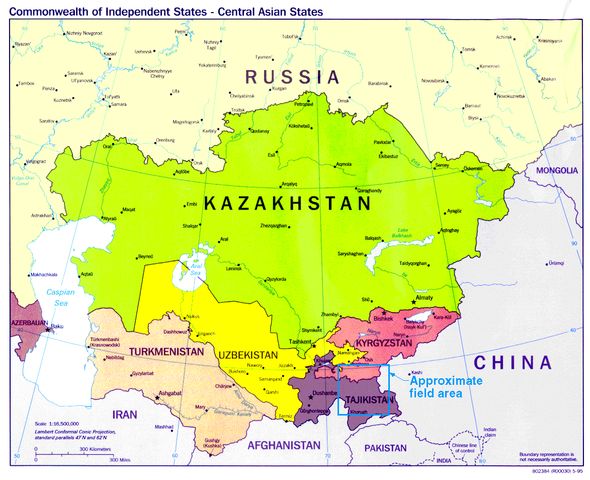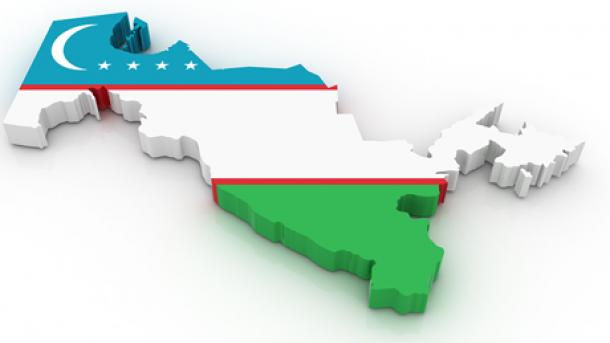The European Bank for Reconstruction and Development (EBRD) says it invested more than €1.2bn ($1.3bn) in projects across Central Asia in 2023 to stimulate the region’s sustainable growth. Uzbekistan remained the leading recipient of EBRD funding in the region for the fourth year running, attracting more than €700m ($760m). The remaining €518m ($560m) were channeled to support projects in Kazakhstan, Kyrgyzstan, Mongolia, and Tajikistan. In Uzbekistan, the EBRD continued investing in renewable energy power generation and low-carbon technologies. It financed the construction of three greenfield solar power plants with a total installed capacity of nearly 900 MW. The bank provided funds to ACWA Power Wind Karatau to finance the construction of a 100 MW wind power plant in the autonomous republic of Karakalpakstan. It also provided a sovereign loan to modernise 118 pumping stations and improve the sustainability of water supply for irrigation in the densely populated Fergana Valley. Samarkand became the first city in the country to join the EBRD Green Cities programme, and is planning to deploy ecologically friendly electric buses as part of this engagement. In the financial sector, the bank continued working with local financial intermediaries such as SQB, Hamkorbank and Ipak Yuli Bank to support SMEs and promote green lending. Highlights of the EBRD’s work in Kazakhstan include the launch of the GEFF Kazakhstan II and an investment in a local currency bond issued by the country’s transmission system operator, KEGOC. The funds will help make the country’s electrical grid more sustainable and reliable. The bank’s loan to China Power International Holding and Visor International will be used to build, operate and connect the 100 MW Shokpar wind power plant to the transmission grid. The EBRD’s loan to Kazakhstan’s largest private rolling stock operator, Eastcomtrans, will help expand container-handling capacity at one of the most congested junctions near Almaty and address the issue of bottlenecks along the Trans-Caspian corridor. Last year marked the completion of the street lighting system in Ust-Kamenogorsk (Oskemen), which allowed energy-efficient LED street lights to be installed on 150 streets. In the financial sector, the bank extended a new loan to the country’s leading microlender KMF to support green lending and women’s entrepreneurship. In Kyrgyzstan, the EBRD supported the modernisation of water supply services in the Batken and Jalal-Abad oblasts. The bank signed a number of sovereign projects aimed at modernising key transport and energy infrastructure, which will help improve the country’s connectivity and climate resilience. These projects included loans to upgrade a 30km section of the Issyk-Kul Lake ring road, increase the reliability of the national electricity transmission and distribution grid, and rehabilitate and modernise the Lebedinovskaya hydropower plant. The EBRD also completed the Bishkek landfill project last year, which will provide major environmental benefits for the more than one million people living in the country’s capital. The completion of three infrastructure projects in Tajikistan allowed more than 400,000 people in 13 municipalities across the country to enjoy better access to clean and safe drinking water. Last year the EBRD launched the GEFF Tajikistan II and extended new GEFF loans to Bank...


